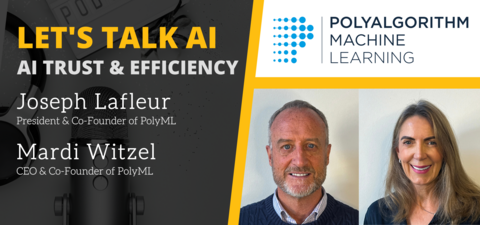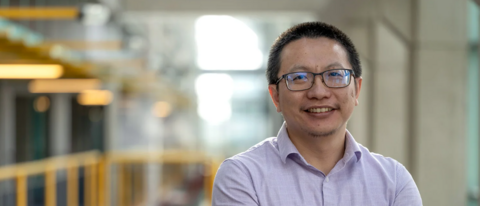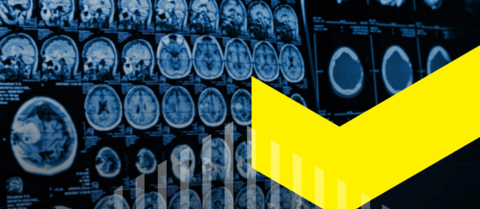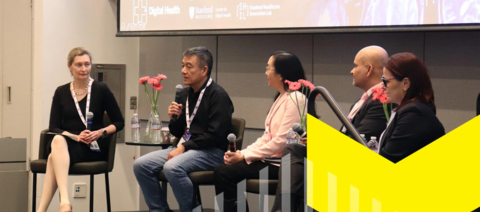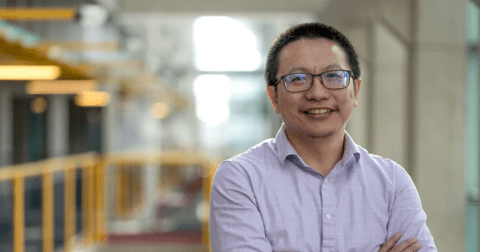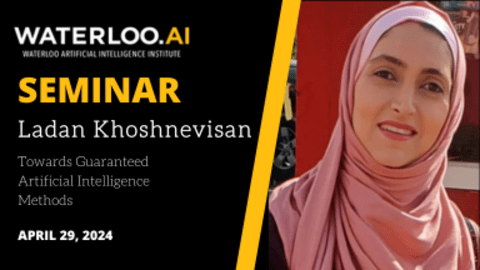Since launching in 2018, Waterloo.AI’s multi-disciplinary research teams have been collaborating with industry to develop intelligent systems in areas such as disease detection and treatment, understanding language and emotion, and vehicle navigation.
Our projects are building tomorrow’s intelligent systems today, by translating industry requirements into deployable, real-time embedded AI. In years to come, we expect this investment to yield profound dividends for the economic prosperity and quality of life of people all around the world. And we are just getting started.
What is Artificial Intelligence?
Artificial Intelligence (AI) is the study of machines and software that exhibit intelligence, such as learning, reasoning, planning, problem-solving, predicting, and the use of language and vision. With the advent of big data, and driven by the explosion of computing capacity and speed, AI tools are being increasingly integrated into technological solutions that are central to our everyday life, business, society, and the environment.
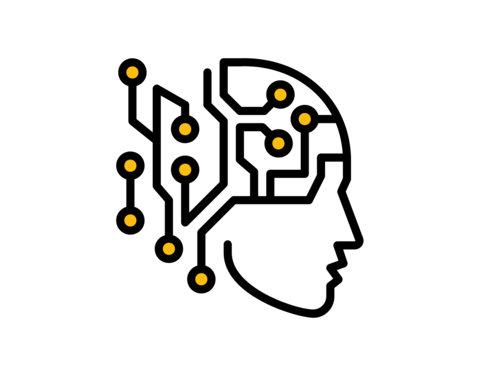
Why Should You Care About Data?
Waterloo.AI's Co-Director - Jimmy Lin, explains the importance of data in this episode of the "Back to the Classroom" video series.


News
Is Star Trek's medical bay coming to your car?
Researchers develop AI-powered radar technology to monitor drivers’ cardiovascular and respiratory systems
Yaoliang Yu receives Ontario Early Researcher Award to develop pushing-forward deep generative models
Professor Yaoliang Yu has been awarded $100,000 by the Ministry of Colleges and Universities Early Researcher Awards program to develop deep generative machine learning models.
Going top shelf with AI to better track hockey data
Waterloo researchers get an assist from AI in identifying hockey players with greater accuracy and speed
Events
Dr. Ladan Khoshnevisan on Towards Guaranteed Artificial Intelligence Methods
Waterloo.AI Wildfire Hackathon - Spring 2024
Join us and our Industry host, MAG Aerospace for this exciting wildfire hackathon on May 25th. Learn from experts, and don't miss out on this opportunity to flex your data scientist muscles to work with real wildfire data, solve important problems, and win prizes. All experience levels are welcome!

